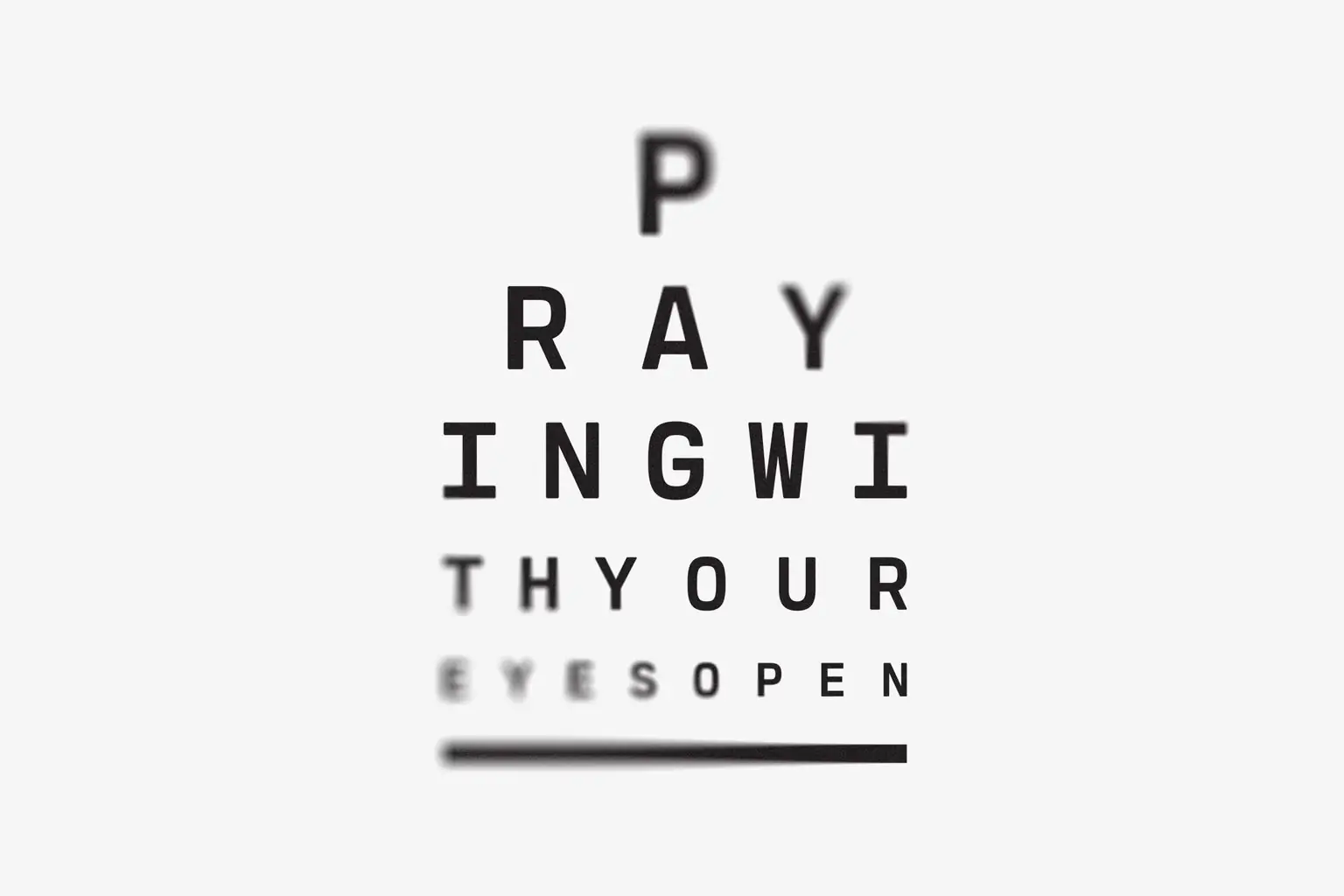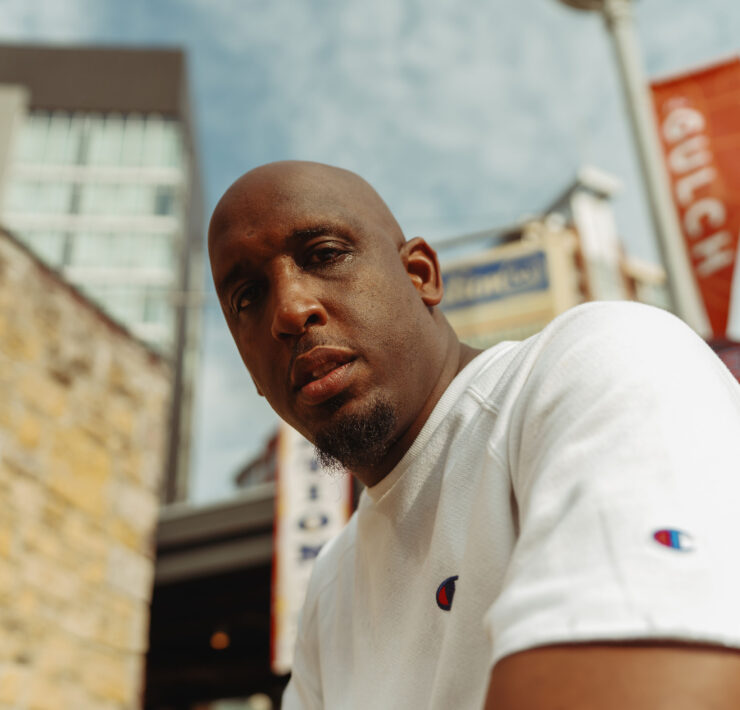
If you took a good hard look at 57-year-old Bee Bee Ferguson, IF you’d have absolutely no idea that she spent the first six months of 2018 practically homeless, not knowing where her next meal would come from.
In the late 90s, Ferguson founded Busy Bee’s Unique Cleaning Service Inc., a small business that offers home and business cleaning services. But after a big commercial contract—a major asset that helped keep her company alive—fell through in early 2017, Ferguson’s income began to waver. A few months later, Hurricane Irma hit, ripping through her roof and devastating her entire home.
Ferguson went into crisis mode. She was living on her cousin’s couch, fighting with home insurance companies, unsure if she would ever be able to see her home again. It was at this point she became what hunger relief activists call “food insecure,” meaning she lacked steady, reliable access to meals that could nutritionally sustain her. Even while living in the wealthiest country on Earth—in which as much as 40 percent of the food supply is thrown out every year—a streak of misfortune left Ferguson on the brink of going hungry. And she is not alone.
There are currently over 41 million people in the United States who do not know where their next meal will come from, according to Feeding America, a nonprofit that operates a network of more than 200 food banks around the country. Each year, they help feed nearly 50 million Americans, including 12 million children.
Many face difficult daily decisions when it comes to food: 69 percent are forced to choose between food and utilities; 57 percent must choose between food and housing; and 31 percent have to choose between food and education. These are impossible decisions that a new wave of activists in the Church are striving to change, so no one will have to face a decision like this alone.
DEEPER CHANGE
Andrae Bailey is the former executive director of United Against Poverty and recently founded an organization called Change Everything, where he serves as CEO. He believes that addressing hunger in an honest way doesn’t always mean handing someone a free plate of food. And usually, it isn’t what hungry people want.
“It’s about changing the mind, body and spirit,” he says. “You want to say to yourself, ‘What’s something that we can do as a church to change people’s lives so that they rise out of poverty and have the ability to have food and other aspects of life in the way that we have it?’”
He suggests that in addition to meeting some of the immediate need, the Church’s role in ending hunger is larger: Change personal and societal conditions causing it. But what does that actually look like?
Bailey’s anti-poverty philosophy is a holistic one. It suggests what many people don’t realize: People aren’t hungry because they don’t have food. They’re hungry because they’re impoverished on a deeper level, and the Church needs to help them address that, not just their hungry bellies. But in order to effectively combat poverty, churches must first recognize that they can’t do it alone, and must be willing to partner with organizations making a difference. Sometimes, that will mean working with organizations that aren’t religious and may not share all of the same values directly.

“One of the things churches aren’t always willing to accept is that a church alone cannot end hunger, address poverty and tackle homelessness,” Bailey says. “There are things you must be willing to do to step out of the four walls of the church and work with members of your community. You’ve gotta be able to work with universities and hospitals and nonprofits that aren’t faith-based.”
Bailey says to effectively address a problem as big as domestic hunger, Christians must follow the example of Jesus, who lived shoulder to shoulder with people who were nothing like Him.
“That was His goal every day: to be out with the people creating change,” he explains. “We spend every moment we can hiding from people different from us, which gives us no opportunity to be the salt of the earth. If we want to address hunger, we have to ask questions. That is the kind of witness that would change the world’s perception of faith. Jesus lived among people, solved problems, made things happen. We do everything we can to hide from anyone who’s not like us. That’s why all of these issues exist.”
UNDERSTANDING THE NEED
Feeding Children Everywhere (FCE), a humanitarian organization in Central Florida, has a vision for a hunger-free world—but believes that a hunger-free world will likely start with a hunger-free America.
According to the organization’s CEO, Dave Green, there are two different categories of people going hungry in the United States: those who are in short-term crisis mode (like Ferguson) and those in need of more long-term assistance, who are more chronically food insecure.
“We have recognized through different types of data that when people have career resources—some type of career rescue program—their income, job security and career stability increase rapidly. Those are all factors that lead people out of food insecurity,” Green says.
The idea is to not just help someone land a job, but equip them with the skills they will need to maintain employment long term.
People will never believe our Gospel if it’s a Gospel of only words.
– Andrae Bailey
FCE has recently launched a program that is dedicated to teaching fundamental job skill—like English as a second language, computer skills and resume building. The organization also recently launched an entrepreneur training program, where many graduates of the program have gone from food insecure to owning their own thriving business.
“When we look at how to address hunger in the U.S., the best thing we can do is create a pathway to self-sufficiency,” Green says.
Thanks to this program—just one year after Hurricane Irma put her life on hold—Ferguson became one of many to achieve a successful outcome. Ferguson’s business has begun to thrive, and she’s even helped her daughter jump-start her own business as well.
“It’s not about giving someone a fish, but teaching them how to fish,” she says.
BREAD OF LIFE
So how does one begin to grasp ways to equip someone who is hungry? A safe starting point is through the Church. That’s exactly what Austin Hunt and his wife Ginny did. They started United Against Poverty, an organization that lifts people from poverty, out of their church in 2003. The organization started as a community grocery program, where people could purchase quality food for a lower price. Since 2003, this small grocery program has grown into an $8 million a year operation.
The organization now has more than 85 corporate product partners donating different products to help food insecure families access high-quality food and personal care items.
“I grew up in a working poor household,” Hunt shares. “My parents worked hard, but lacked the tools to break free from financial hardship.”
Hunt also says he remembered having no plan for his life after high school, and was terrified that the generational cycle would repeat in his own life. So he went to seminary.
Once he graduated, he returned to his hometown with a plan to help the impoverished and working poor in a way that mirrored the way he had been helped.
United Against Poverty also developed an in- house program dedicated to teaching emotional intelligence alongside job skills training and acquisition. Following the program, students are placed in an eight-week internship with on-the- job training and job placement, with three years of career coaching.
In the last three years alone, more than 200 people living at the poverty level were able to graduate from STEP (the Success Training Employment Program) with over an 85 percent chance of getting a job.
But projects like these don’t exist because a massive nonprofit started a food program. These happen when ordinary Christians apply holistic solutions to fighting poverty within their church.
Bailey says Christians should look beyond solving the temporary solution. “Look towards embracing the gospel of life’s transformation that Jesus preached,” he says. “Both are important. One is temporary and one is transformational. People will never believe our Gospel if it’s a Gospel of only words. If we help someone who’s hungry, not in the short term but help them transform their lives, it’s an undeniable message that God is real and that he lives through us.”






















